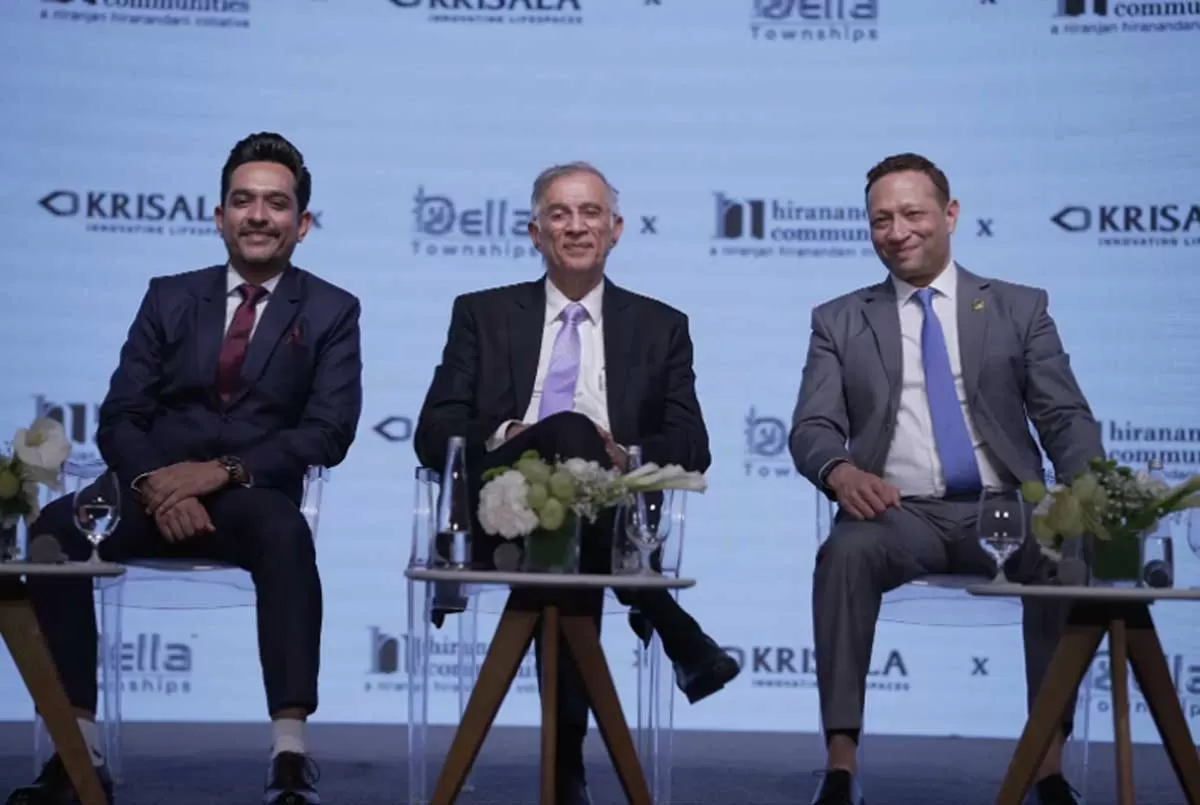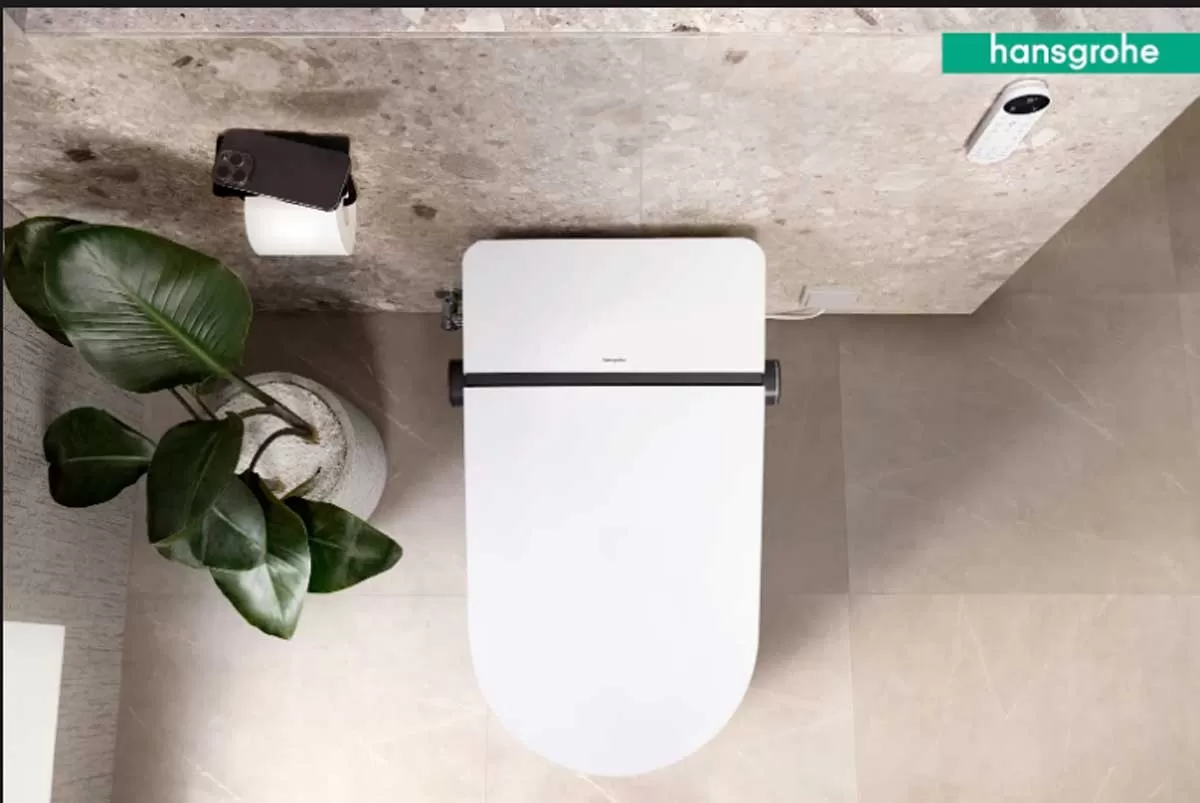Dr Sudhir Krishna, Former Secretary, Ministry of Urban Development, Government of India
Dr Sudhir Krishna, Former Secretary, Ministry of Urban Development, Government of India, was at the helm of the entire country´s urban planning, urban infrastructure and urban transport till he retired in June 2014. Besides, he was Chairman of the Metro Rail Corporations of Bengaluru, Chennai, Delhi, and Kochi and the Urban Mass Transit Company, a PPP venture. While in Mumbai recently as the Chief Guest of the Construction World Architect & Builder (CWAB) Awards 2014 and the Keynote Speaker at Sm@rt Cities Summit 2014, he provided his deep insight on a plethora of topics, ranging from current challenges to emerging opportunities in transforming Indian cities to smart cities. Excerpts of his conversation with CW...
Are we ready for smart cities in India given the current state of basic infrastructure amenities?
It is true that a large number of cities in the country face inadequacy of basic civic infrastructure such as water supply, sanitation, drainage, roads and public transport. The expectation that such core facilities must be given prime attention over and above the commonly accepted framework of smart cities is quite understandable. However, many aspects of the smart city framework can be deployed to speed up the availability of such infrastructure or, where it is available in some measure, to augment efficacy. For instance, high-definition metering systems for water can be made part of the project of provision/augmentation of drinking water, or intelligent transport management systems can be made part of a project for launch of city bus services. Similarly, use of geo-spatial technology and applications can be conjoined with preparation of the master plan for a city, which will have this for the first time, or even where a city is going to undertake revision of its old master plan.
What are the current challenges in transforming Indian cities to smart cities?
The challenges in transforming Indian cities to smart cities are the same as the challenges cities are facing today in improving infrastructure or services it is managerial capacity and not funds or technology. That might appear a bit odd, but the situation has evolved like that over the decades. The causes are somewhat deep rooted, but we need not be too anxious for changing the fundamentals of the governance system, as that might make the issue complicated. The more feasible course of action would be to make cities smart enough to adopt the smart aspects of infrastructure and services. This would be possible by way of large-scale training, capacity building and awareness generation among city managers and the citizens.
What are the present policy imperatives for smart cities in India?
It would be desirable to give greater freedom to cities to adopt the appropriate model of smart development and management, rather than forcing the solutions from the top. However, to make use of that freedom, cities would need to be equipped with awareness and capabilities as well as appropriate delegation of powers. Large-scale training workshops for mayors, city commissioners and other senior functionaries of the cities would be helpful. Vendors of technology would also need to be associated with such efforts.
What should be the first set of components to build smart city architecture in India?
Smart city architecture should promote a healthy, safe and inclusive city. Accordingly, aspects that help larger sections of the city, particularly the weaker and poorer sections, should be given priority. For instance, public transport systems, land-use planning, drainage or flood management and common aspects of city governance should be given higher priority over, say, wi-fi in shopping malls.
How and in which areas can the Centre-state coordination be improved for effective implementation?
I am quite clear that the roles of the Centre, states and local bodies are quite distinct, with an element of complimentary as well as supplementary aspects. The Central Government can create an environment of awareness about the benefits of going smart, by way of bringing in global best practices in technology and its deployment. State governments would have the role of providing the necessary delegation of powers to local bodies for designing the project for smart cities, procuring the required goods and services, implementing projects, and ensuring an effective and responsive technology-user interface. Actual project management should be left to cities and these should be strengthened with adequate decision-making powers with streamlined procedures to handle the delegated responsibilities.
With the advent of smart cities, how should policymakers in India approach city planning?
Geo-spatial mapping technology and applications to make use of such maps have become far more accessible today in terms of ´off-the-shelf technology´ with acceptable prices.
The Ministry of Urban Development has, in collaboration with the National Remote Sensing Centre, Hyderabad (an outfit of the Department of Space), brought out geo-spatial maps of cities and placed them in the public domain on the portal titled Bhuvan. It has also developed a concomitant software application called Quantum GIS, which is on an open source platform. Thus, the technological framework has become available. It is now required to augment training arrangements for both government and non-government sectors.
How do you see the way ahead for smart cities in India?
Smart cities call for enhanced cooperation between the Government and private sectors. While the Government would be the forum to determine the priorities of people´s needs, the private sector would bring in the technological and managerial dynamism to give shape to the ideas. Care needs to be taken to work out financial sustainability, with concomitant attention to the managerial, environmental and social dimensions. Approached thus, smart cities would definitely prove to be a realistic framework for improving the quality of life.


















